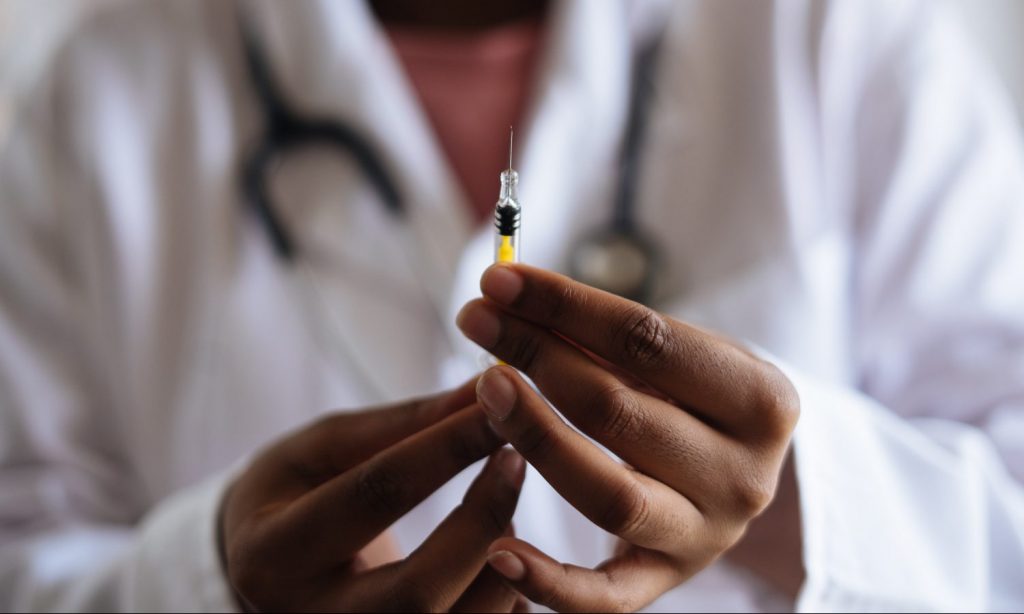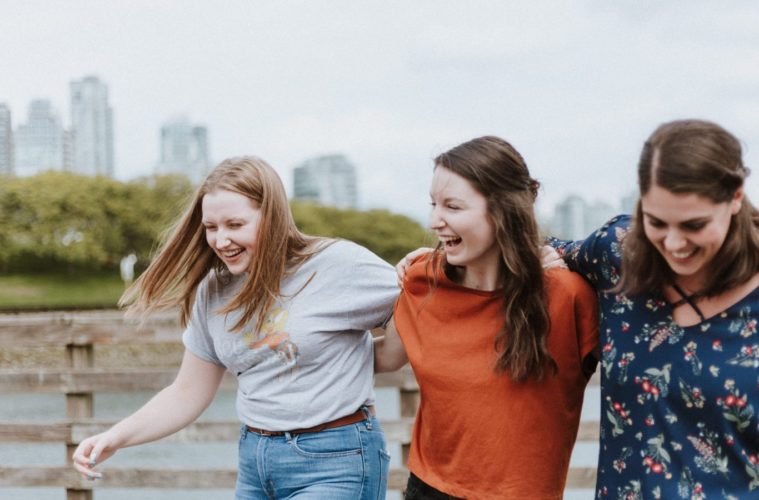In partnership with The Fresh Toast
There’s a lot we don’t know about the COVID-19 vaccine, including whether those who’ve had their shots are able to spread the disease.
Despite the slow rollout of the COVID-19 vaccine, every day more and more people are getting inoculated in the United States. The vaccine was developed under a lot of pressure, and despite the fact that it’s safe to use and provides protection from the virus, there’s still a lot of questions that remain unanswered.
The COVID-19 vaccine was the cumulative moment we’ve had been waiting for ever since the start of the pandemic. Now that it’s finally here, does that mean that those who are vaccinated are free to go back to their regular maskless lives? It’s a complicated answer.
It’s important to know that the only way to gain protection from the virus is to get the two required vaccine shots, which are distributed over a period of three weeks to a month. A few days after your first shot, you’ll develop some immunity to the virus, one that can only be completed after the second shot. The Pfizer vaccine is 95% effective against the virus seven days after the second dose is admitted; the Moderna vaccine works similarly, with 94% effectiveness.
Once this period of time has passed, the person who’s been vaccinated dramatically reduces their odds of getting the virus and developing symptoms. Still, this doesn’t mean that the virus is nonexistent or that you can’t spread it to other people. Yes, you can still be contagious even with the vaccine.

RELATED: So, Your Roommate Has COVID-19 — Here’s What You Can Do
Vaccine trials are meant to measure the effectiveness of the shot, including whether it can stop the spread of the virus. Since the COVID-19 vaccine was developed so rapidly, it’s still not known whether the Moderna or the Pfizer vaccine are capable of protecting against asymptomatic COVID-19.
As more of us get vaccinated, it appears that our behaviors will have to remain as thorough as they’ve been in the past. Once the population has more access to these vaccines and the infection rate is decreased in our communities, there will be more leeway to meet up with friends and stop certain social distancing guidelines, all by assuming a certain degree of risk.
RELATED: Confusing COVID-19 Vaccine Rollouts Are Creating Havoc
If this pandemic has taught us anything it’s how slow this process is. Even with the vaccine in circulation and the end in sight, we still have to wait a little longer.
Read more on The Fresh Toast
Advertising disclosure: We may receive compensation for some of the links in our stories. Thank you for supporting LA Weekly and our advertisers.

